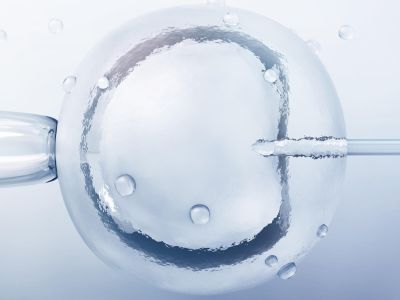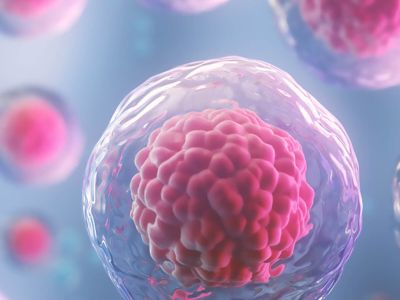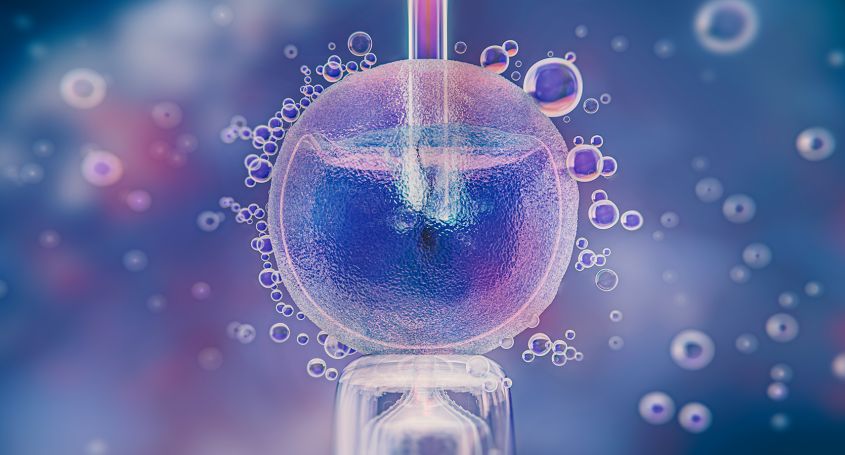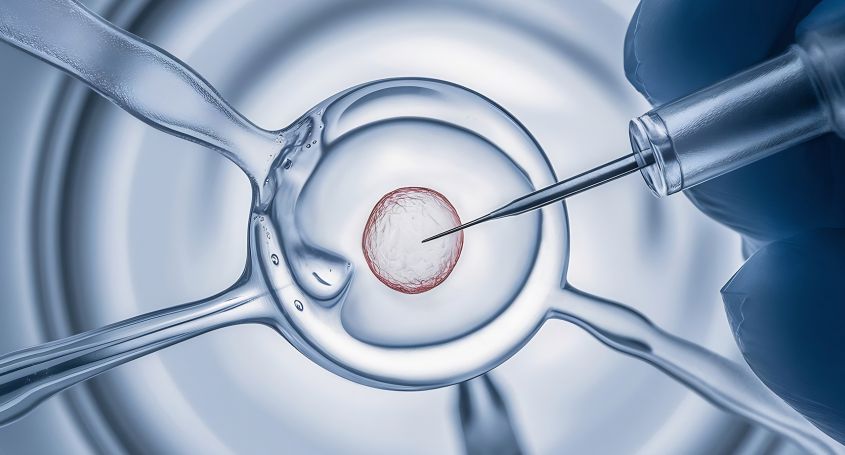The embryo transfer is the last step in the IVF process. It is a crucial phase of the treatment, which can take place on the third day of embryonic development or on the fifth or sixth day if the transfer is performed at blastocyst stage.
What does it consist in?
It is usually a simple process that is carried out next to the IVF laboratory. Before the transfer, your gynecologist will perform an abdominal ultrasound to assess the position of the uterus and the state of the endometrium, followed by a careful cervical cleaning. For the embryo transfer, a very fine catheter made of a very flexible material is used, to not damage the walls of the endometrium.
After the transfer, it is recommended that you remain at rest for a few minutes, being able to resume daily activities without problem and with minimal restrictions.
Is embryo transfer dangerous or painful?
No, it is not. It is a very safe and painless procedure that does not require sedation and carries the same minimal discomfort as when the gynecologist performs a vaginal cytology.
How should I prepare myself for the embryo transfer?
No special preparation is needed before the embryo transfer. The most essential thing is that you drink water and do not urinate before the transfer: that way, the bladder will be full and will help to visualize better the uterus and favor the canalization of the cervix with the catheter. Also, remember to go to the clinic around 30 minutes in advance so that you can talk calmly with your doctors and biologists about the process!



















